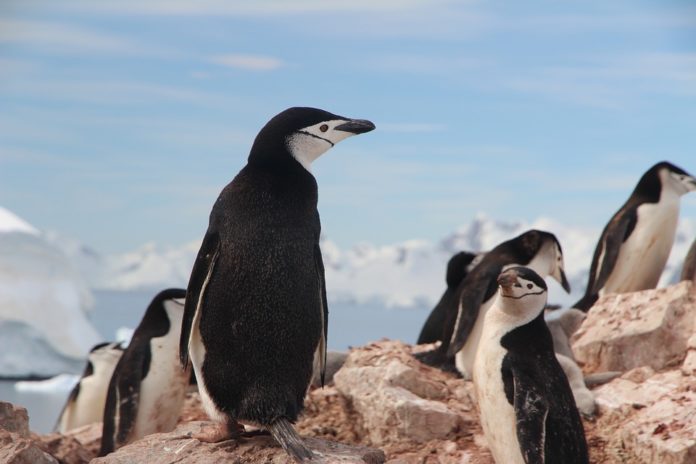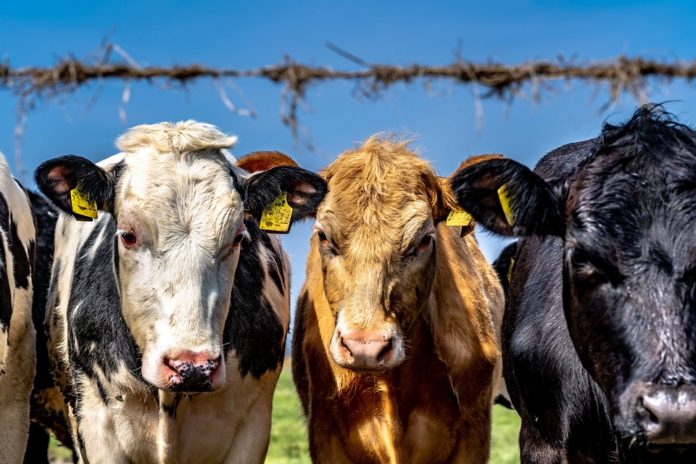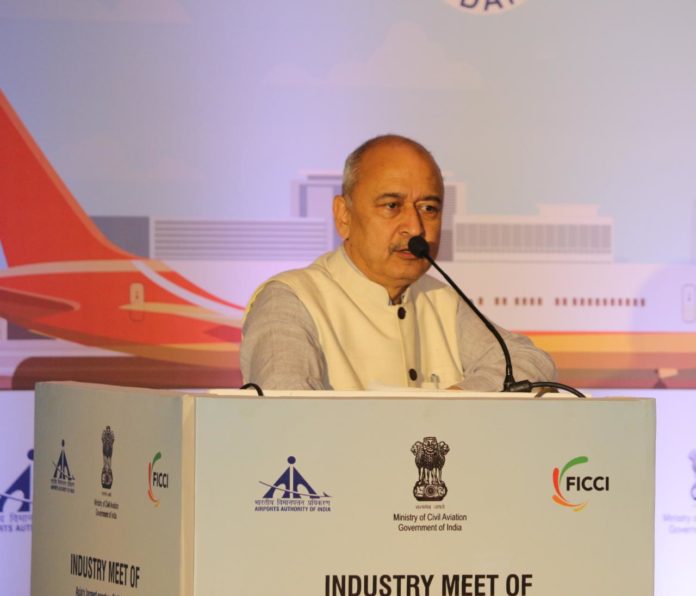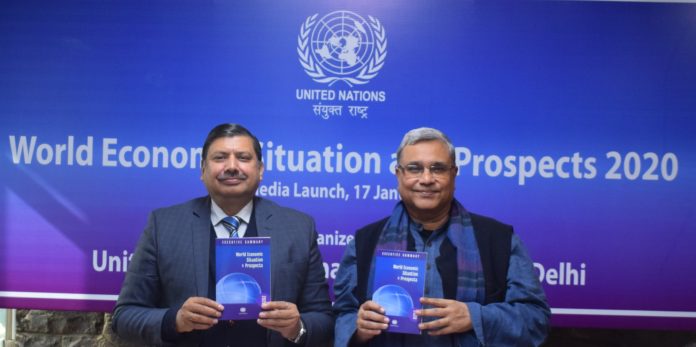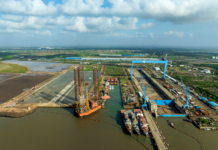Greater Noida (NVI): Use of energy efficiency tools is a must for tackling the adverse impact of climate change, Union Minister for Environment and Climate Change Prakash Javadekar said here today.
Inaugurating the ELECRAMA 2020, the flagship showcase of the Indian electrical industry at India Expo Mart here, Javadekar said the annual growth of energy should be 10 per cent for many years to come even if the country’s economy grows at the rate of 6 per cent annually.
Referring to demand for more relief by the industry, he said the industry’s cause must translate into societal cause for the benefit of society as well as the industry.
“Electricity for a poor household is not only a facility but also an empowerment and main source of inspiration,” he said.
“3.5 crore households were given power connections under SAUBHAGYA(PradhanMantriSahajBijliHarGharYojana) scheme within a time frame of 1000 days,” he added.
The minister also asked the electrical industry to focus on quality of electrical equipment, stating that main cause of fire incidents in many cases is poor quality of equipment and faulty wiring.
He urged the power industry to become part of product chain and not just supplier of spare parts.
Emphasising on the quality of electrical goods, he said there can be no compromise on quality. People want ease of living and new facilities for which electricity is an asset.
“People will need more electricity and more electrical equipment and therefore demands of power as well as electrical goods are bound to go up,” he added.
He further added that the per capita consumption of energy is very low in India as compared to developed countries.
Speaking on the occasion, Power Minister R.K. Singh said the electricity sector has been transformed in the last few years and the whole country has been connected with one grid and one frequency. Now India has become power surplus country and is exporting power.
He said that per capita consumption need to be tripled to reach the global average of 3600 units.
The Minister also spoke about the need of reform in the power distribution system.
“The government is coming out with a new trajectory of loss reduction and distribution companies will have to follow this trajectory if they want to get further grants from the central government or if they want to access loans from the power finance corporation,” he added.
ELECRAMA is a platform to connect the world with Indian industry in respect of technology, new trends and innovation for future energy transition.



